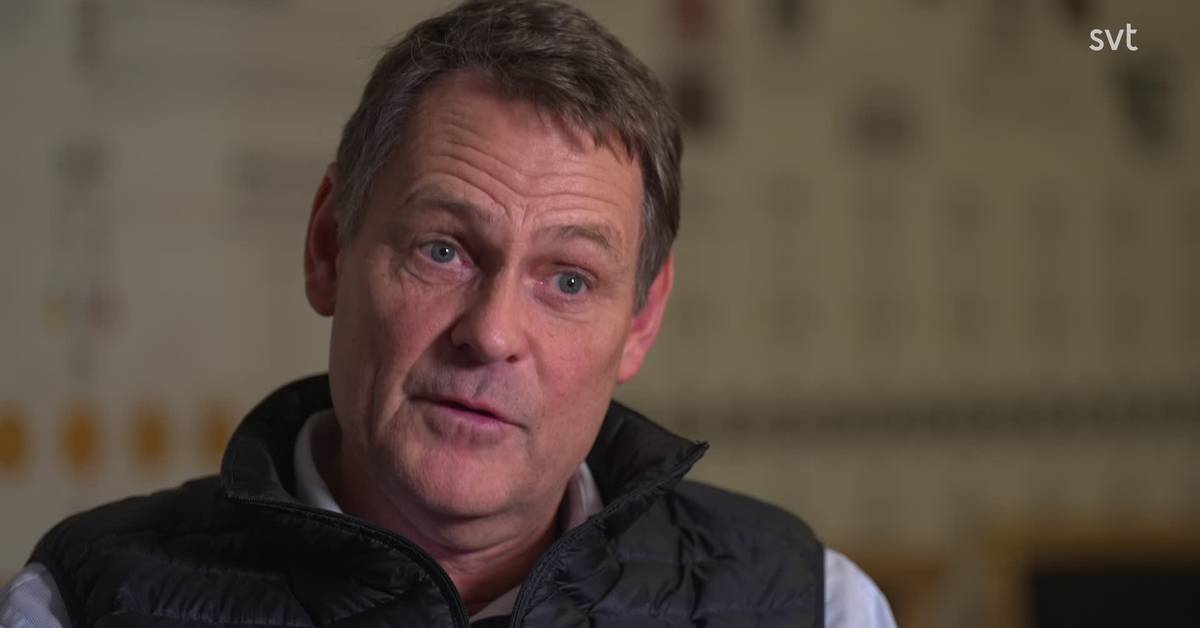In October, the international research study SPLISS showed that Sweden is far behind comparable countries in terms of how much resources are put into elite sports.
Among other things, Norway and Denmark invest 50 percent more than Sweden in Olympic sports.
Now the SOK's own survey shows that almost every fifth Swedish Olympic athlete in the support program Topp och Talang lives below the subsistence minimum.
- If you look in the mirror, we should of course have been better at raising this.
Now we have decided to be clear that this is a big problem.
The competition is getting tougher, more and more countries are betting.
If we want to be part of the future, we need to come close to at least what our neighboring countries invest in their top sports, says SOK's director of operations Peter Reinebo.
"A reality that is not known"
According to him, SOK is "quite good" at working with business.
Now they want to make the state understand the seriousness.
- What we are working on now is for the government to understand that the top athletes who compete for Sweden have a tough reality.
Not all, but most.
And that reality is not known.
Perhaps we should have done more there earlier.
And we will make up for that now.
So you want more money from the state?
- More directed money to this part of the sport, yes.
Want to increase the levels of scholarships
Is it primarily the sports minister that you are addressing then?
- The Minister of Sports is a person.
But we probably also need to turn to, and we started with that even before the election, the sports political spokespersons in all parties.
And the members of parliament who are involved in sports matters, which is quite a lot.
Do you want to increase the level of the scholarships?
- We absolutely need to increase the scholarship system.
That's a lot.
The second part is the whole socio-economic situation.
That we have active employees who are not part of the security system.
How should it be resolved?
- One variant is to see scholarships as part of income from service.
That is not the case today.
But we know that it is being looked at for cultural grants in Sweden.
And the hope is that this would also apply to sports scholarships, says Peter Reinebo.

